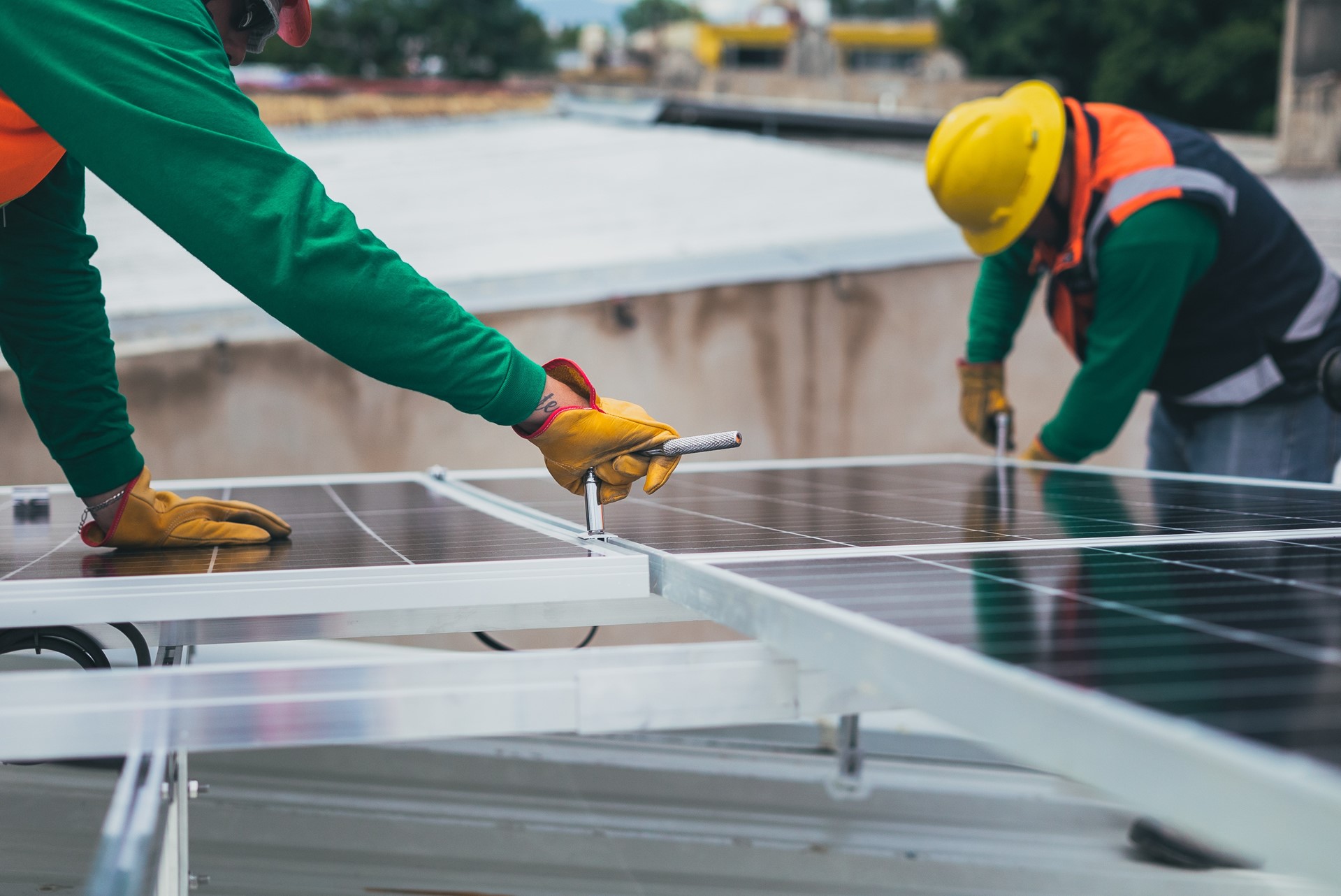Green Careers Week – the green skills gap and net zero
Read time:

Read time:

The UK Government published the nation’s first plan to train and recruit works to support its net zero ambitions in October. Vicky Wilding, Green Technologies & Services Lead of Green Economy, has broken down what the plan means for the UK and its net zero ambitions.
“As we enter Green Careers Week, it’s great that the UK Government is addressing the skills gap in order to progress our transition to net zero. Investment in upskilling existing sectors as well as supporting emerging technologies will be vital in ensuring the country is prepared for a more sustainable, more secure future.
"Crucially, it's vital that we acknowledge that the net zero transition, doesn't only require expertise to develop or deploy technologies. These businesses will need a wealth of skills and abilities to deliver long term economic growth.”
A wide variety of roles in existing industries are covered in the plan, as well as new jobs to support the transition away from traditional energy usage and towards more sustainable options. They are distinct from wider ‘green jobs’, which also include nature-based roles in areas such as biodiversity and agriculture.
The Clean Energy Jobs Plan could see the clean energy workforce nearly double from around 440,000 in 2023 to 860,000 roles supported (an increase of around 10% per year until 2030). The plan covers clean energy subsectors including:
Offshore wind, onshore wind, solar, fusion energy, nuclear fission, clean flexibility and smart systems, electricity networks, hydrogen, carbon capture utilisation and storage, long duration energy storage, greenhouse gas removals, domestic and non-domestic heat pumps, net networks, biomethane, and energy efficiency and retrofit.
These sectors cut across traditional industries such as manufacturing, construction and professional business services, covering a range of occupations from technical jobs to desk-based roles. Of the ten priority sectors analysed by Skills England, Clean Energy Industries are expected to require one of the largest increases in employment between 2025-2030, and will need to expand the fastest, to support our transition to net zero.
The plan sets out workforce expectations, including evidence that the net zero economy is growing faster than the overall economy. Regional demand suggests that the North West is estimated to have nearly 55,000 direct clean energy jobs by 2030 across a wide range of sectors.
The Green Tech sector in Greater Manchester comprises over 5,000 companies and employs almost 95,000 FTE employees, with sales of £12.7bn rising by 14.6% since 2021. Of the sectors included, renewables saw the strongest growth in sales.
Up to £2.5 million in funding will be provided between 2025-26 to support innovative regional skills interventions in Cheshire, Lincolnshire and Pembrokeshire, aiming to help individuals move into clean energy markets. Workforce criteria will also be added to relevant DESNZ grants and procurements, as well as utilising the DESNZ Local Net Zero Delivery Groups to identify opportunities for collaboration between central and regional governments.
Across the Pennines the picture is similarly positive with West Yorkshire’s Green Tech sector valued at £8.1 billion, comprising 2,914 businesses employing over 53,000 people.
The plan emphasises job quality, as well as quantity – well-paid, stable, inclusive jobs with progression opportunities will be supported as part of the plan.
We spoke with Paul Carter of NPS Solar, who have recently taken on new staff after working with Green Economy to secure a public sector contract for solar panel installations in schools.
“We’ve seen significant growth recently, particularly following our involvement in the Powering Our Schools project. Since May, we’ve taken on three new office staff and expanded our installation team, including working with additional subcontractors to meet demand. It’s a really exciting time for us and a clear sign that green tech is a thriving industry with real career opportunities.
“The growth in green energy is creating real jobs; it’s a great time to be a part of the green energy sector.”
There’s never been a better time to enter the low carbon or green tech sectors – whether your business is involved in a number of traditional or emerging markets, it is clear that the Government is keen to support the growth of businesses and individuals as we transition towards net zero.
Our specialist consultants are on hand to support you, helping you navigate increasing sustainability requirements, leverage available financial support and grow your green tech business. Get in touch with a member of the team today to see how we can help!
Share